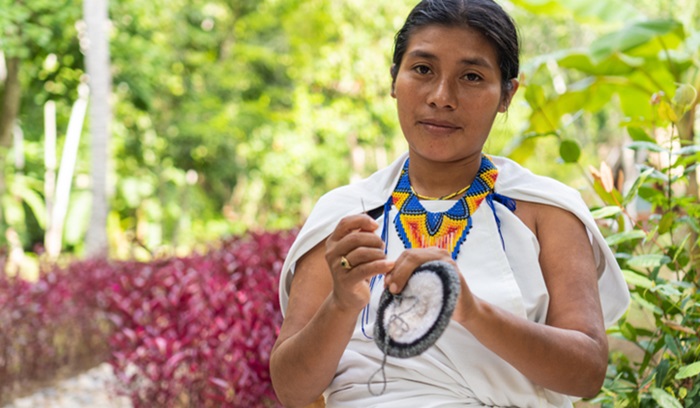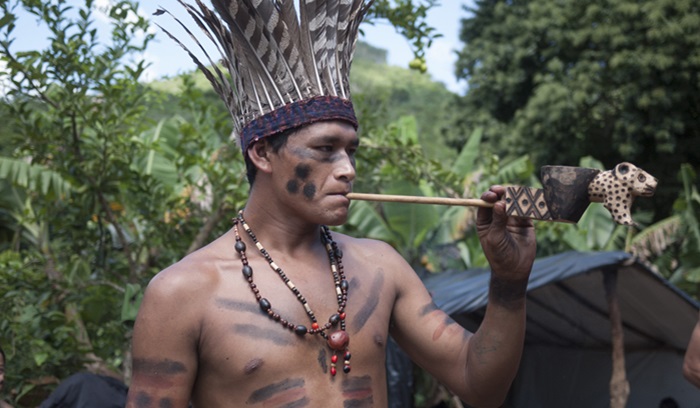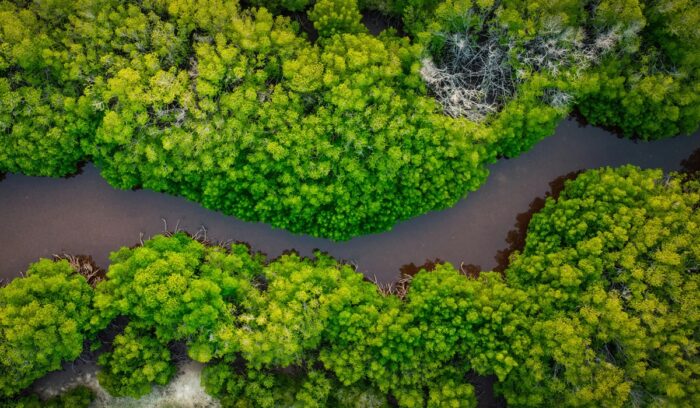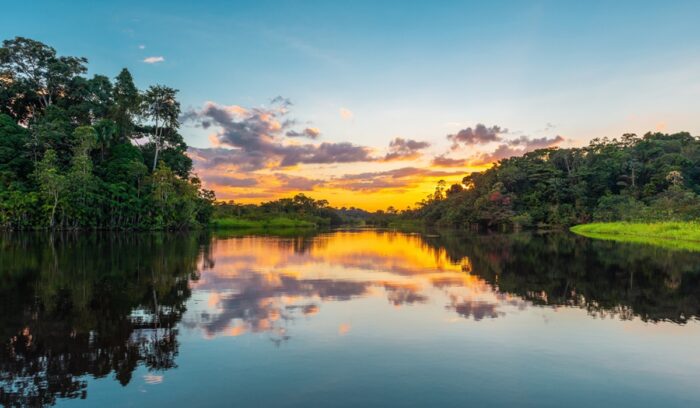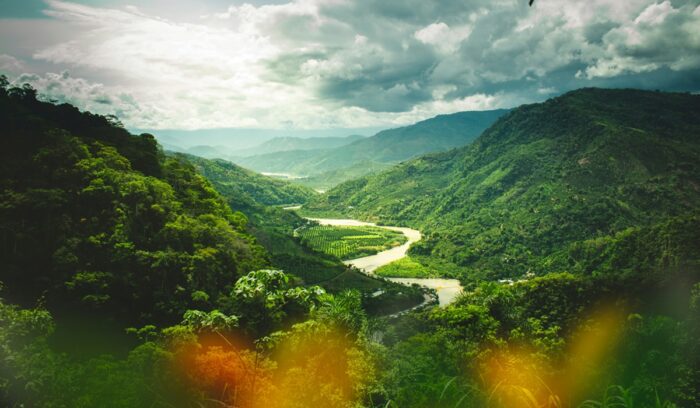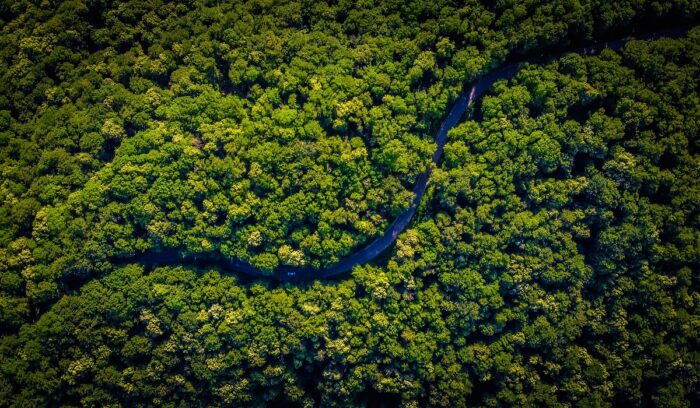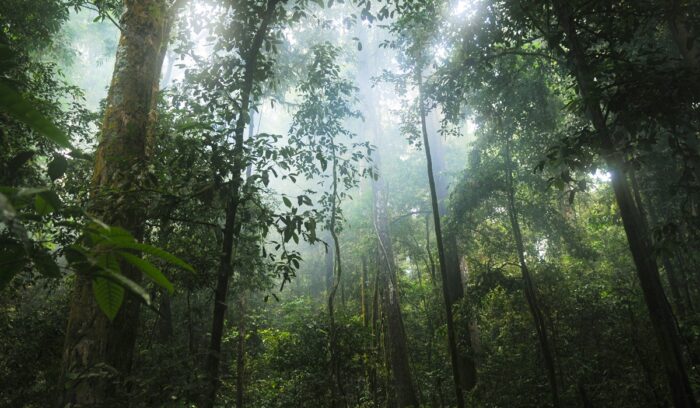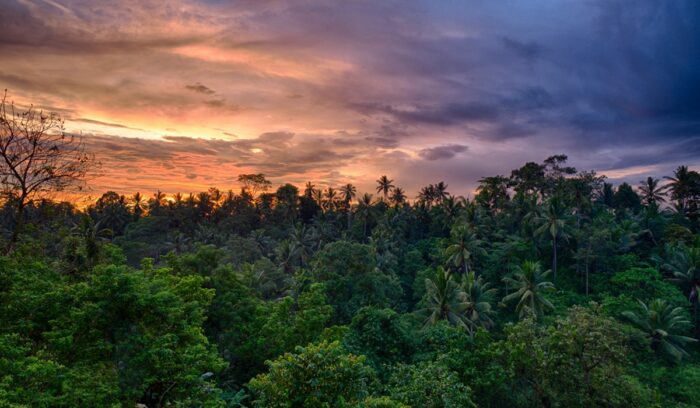Colombia’s new decree recognizes Indigenous people as environmental authorities
Indigenous peoples in Colombia have been granted the authority to protect, manage, and conserve biodiversity within their territories according to their knowledge. Colombian President Gustavo Petro has issued a decree that lays out the standards required for Indigenous authorities to issue regulations regarding the protection, preservation, use, and management of natural resources in their territories and effective coordination with state authorities. These powers will be exercised according to their self-government structures.

